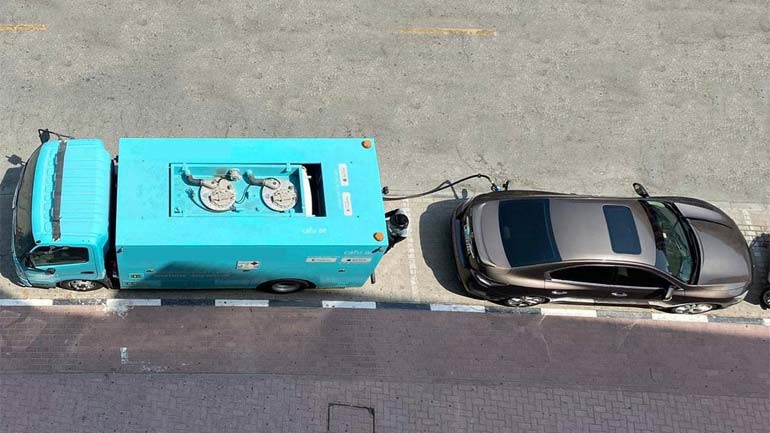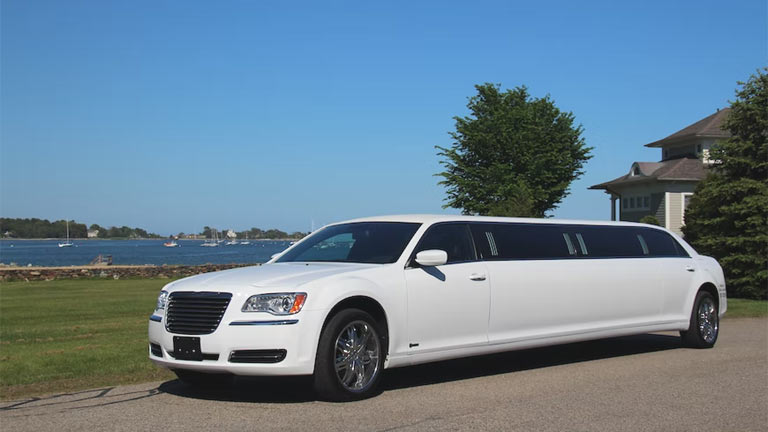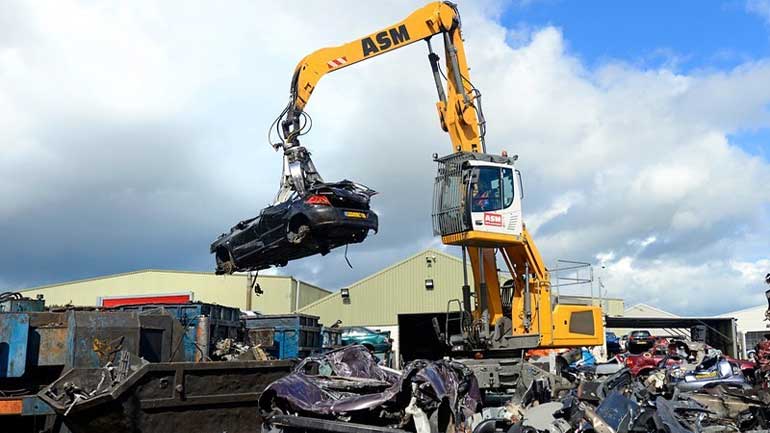
It is important to maintain and extend the life of your work van, as it can save you money. This is especially true for repairs that would have otherwise been avoidable if the vehicle was properly maintained, and you will also not need to purchase a new van as quickly. It can seem like a daunting task, but there are several ways you can easily make your vehicle last for longer:
Avoid short journeys if you can
Although you will go where your business takes you, you should try to take longer journeys where possible. Taking shorter trips can put additional strain on the vehicle’s engine, so it has to work harder and more often. This can result in internal damage, especially if the oil in the van is cold.
Try combining several tasks if you can so that your van can run for longer periods of time.
Regularly check fluids
You can extend the life of your vehicle by regularly checking and refilling fluids whenever necessary.
If you allow fluids to drop below the minimum level required, you can risk other components breaking down. Check the manufacturer’s recommendations for their guidelines on the optimum fluid levels, and make sure to regularly check under the bonnet every fortnight, or once a week if you regularly drive long distances.
Fluids that you should check include oil, engine coolant, brake fluid, screen wash, transmission fluid, and power steering fluid.
Check the components
As well as regularly checking fluids, you should also make sure that you are checking that the components of your vehicle are functioning properly.
Many drivers usually wait for their van to be serviced in order to find out if anything needs to be replaced, but carrying out your own regular checks will help you to catch things earlier and ensure your vehicle is performing at its best.
Be sure to check the oil and air filters, cambelt, and spark plugs for wear and tear, and arrange any replacements if needed.
Maintain your tyres
Caring for your tyres is an essential part of basic vehicle maintenance, especially in winter when harsher weather conditions can affect the grip.
Check your tyre pressure weekly, and make sure that it meets the manufacturer’s recommendations, which is especially important if you carry cargo.
You should also monitor the tread depth of the tyres often to be certain that it meets the legal limit of 1.6mm. Many vehicle dealers and manufacturers recommend not allowing your tread depth to go below 3mm, and to change your tyres when it does.
Clean your van regularly
Cleaning your vehicle regularly isn’t beneficial solely for aesthetic reasons. When dirt starts to accumulate, it can lead to moisture and condensation damaging the bodywork of your van, which can result in rusting over time.
Washing your van once a week or every two weeks will reduce the likelihood of this happening, and you will also be able to see the overall condition of your vehicle better to ensure there are no scratches or dents.
Use your air conditioning
In the winter months, the air con in your van is very likely to go unused. Regularly running your air conditioning unit for around ten minutes every week can help prolong the life of its components.
This is because it allows coolant to move around the system, which will keep the seals lubricated so that they are less likely to crack, as well as keep moving parts functioning smoothly.
Fill up your fuel when it is needed
When you run low on petrol, the fuel pump can draw sediment and debris that is sitting at the bottom of the tank. These can contaminate and clog up the pump and filters, damaging them over time so that they need to be replaced much sooner.
Ensuring that you always have enough petrol or diesel in the tank for the pump to draw upon means that the filters and pumps will last longer, as well as reducing your chance of running out of fuel in the middle of a journey.
Additionally, if you do not use your vehicle much, it can be less economical to have a full tank of fuel as you are adding unnecessary weight to the car. If you are a low mileage driver, maintaining a third of a tank is advisable.
Avoid engine braking
Instead of using the brakes, some drivers will instead release the accelerator and switch down the gears to reduce speed, which is known as engine braking. Even though it is usually done to reduce damage to the vehicle’s brake pads, it can put additional stress on your drivetrain.
Sticking to using your brakes instead of shifting gear can help to avoid unneeded abrasion to the clutch and transmission, keeping the drivetrain in good condition for longer.
Don’t overload your van
The more weight you have in your van, the more pressure you will be putting onto its components, causing premature wear to the suspension, brakes and tyres.
The safest way to load your van is to ensure that any weight is distributed evenly and check the gross vehicle weight rating (GVWR) for the make and model of your vehicle. The GVWR is the maximum weight that your van will be able to carry according to the manufacturer, and it can be found by looking at the VIN (vehicle identification number) plate that is usually found on the inside of the driver’s door or sometimes under the bonnet.
Do not rest on your clutch or gear stick
Even if it is a comfortable position, keeping your foot on the clutch pedal and your hand on the gearstick when they are not in use can lead to unnecessary wear. Removing your foot from the clutch pedal when it is not being used will reduce friction between the inner components, which will extend its lifespan and can also improve your fuel economy.
In regards to the gear stick, removing your hand will eliminate the possibility of accidentally applying pressure that can push the selector fork against the moving parts of the gearbox. By doing this, the components will only be touching when you are changing gears, so there will be less friction and they can last longer.
Overall, following these tips can help you extend the lifespan of your work vehicle so that it can be used for longer and will not cost you as much money in replacement parts or repairs. If you use a work van, a vehicle is likely essential to the day-to-day running of your business, so you want to ensure that this large investment will work for as long as possible.




